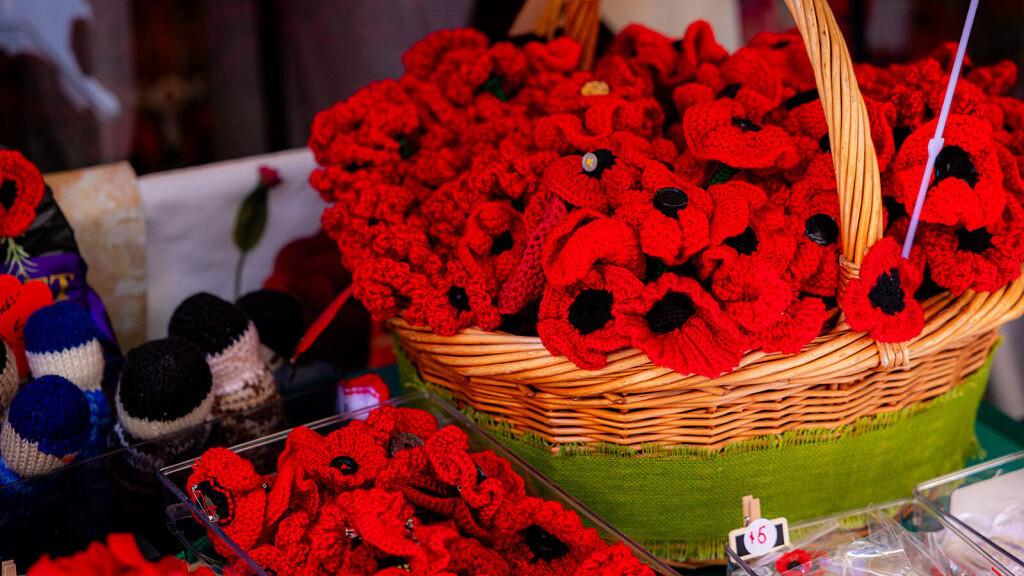Copyright Chicago Tribune

Milton Ross leaned forward to let the white rain run off his helmet. The helicopter had just sprayed the area near Pleiku, where Ross was part of a 22-man special forces team on a long-range reconnaissance patrol. White rain was the soldier’s graffiti name for an herbicide applied to the jungle foliage in Vietnam to reduce cover for the enemy. Nothing to worry about, they were told. By the time Ross got home, the name was officially Agent Orange. He started having problems. Respiratory illness and constant headaches. And there was his 5-year-old son who was born with the tip of his finger dangling by skin. As my television crew was setting up for an interview, Ross said, “You know, even though the war is over, for us veterans, the battles never end.” That was near 50 years ago, when I first reported on the harmful effects of the defoliant Agent Orange. Ross was right. The battles never ended. Veteran suicide rates in Illinois are nearly twice that of nonveteran residents. According to Creative Forces, the National Endowment for the Art’s Military Healing Arts Network, more than 20% of veterans serving in the Operations Iraqi Freedom and Enduring Freedom or Desert Storm have experienced post-traumatic stress disorder at some point in their lives. One in three female veterans — the fastest-growing demographic of veterans — report military sexual trauma. Veterans also face disproportionately higher rates of alcohol and drug abuse, depression and challenges reintegrating into civilian society. Many veterans face long wait times, stigma or other barriers to accessing quality mental health support. There’s no question that our communities need to increase support for veterans’ mental health. The problem is complex and deeply rooted, requiring comprehensive solutions. The Department of Veterans Affairs has increasingly prioritized mental health services, and our own Illinois Department of Veterans Affairs offers support and resources. Help in local communities is already there. Illinois Joining Forces connects veterans and their families to services and resources in their local communities. Kids Rank provides support for military children. Chicago Veterans helps veterans transition into civilian life. Mental health resources for veterans go beyond the clinical — and building both awareness and access to those resources is critical. One helpful tool that I’ve found is getting veterans closer to nature. A walk in the park to survey our assets that create the climate control dome above us provides purpose in addition to enjoyment. Participating in the arts offers veterans an outlet for self-expression and self-exploration, along with nourishing the brain and fostering new ways of thinking. At Lake County’s Brushwood Center where I am an adviser, the At Ease program provides free art and nature programs for veterans in the Chicago region. Over 90% of the veterans participating in these programs report an increased sense of well-being. “Being able to just create in general, no matter what medium it’s in, it calms me down,” one veteran said on a recent Brushwood trip to paint and photograph the Midewin National Tallgrass Prairie. “I’m constantly in pain, and that pain goes away as soon as I’m out in nature.” Brushwood has been able to expand its programs across the Chicago area, in collaboration with Veteran Art Tribe, an association of veteran artists. Together, they serve local veterans, collaborating with Chicago Lighthouse, the Chicago Vet Center and American Legion Cicero Post 96. Supporting organizations such as these is part of how we support veterans. With over half a million veterans residing in Illinois, we have the 10th highest veteran population in the nation and a responsibility to work together to support Illinoisans who served. At times like these, our community organizations are even more crucial, as is our community support. As I learned in the fight for justice for veterans harmed by Agent Orange, our voices and votes are powerful in the civic arena when we join together to advocate for those who serve. Bill Kurtis is a television producer and host, a former CBS network and WBBM-Ch. 2 news anchor and the author of “Whirlwind.” In his 60-year career, Kurtis was recognized for his coverage of Agent Orange and for creation of the Peabody Award-winning series “The New Explorers” on PBS. He lives in Chicago with his wife, Donna.



